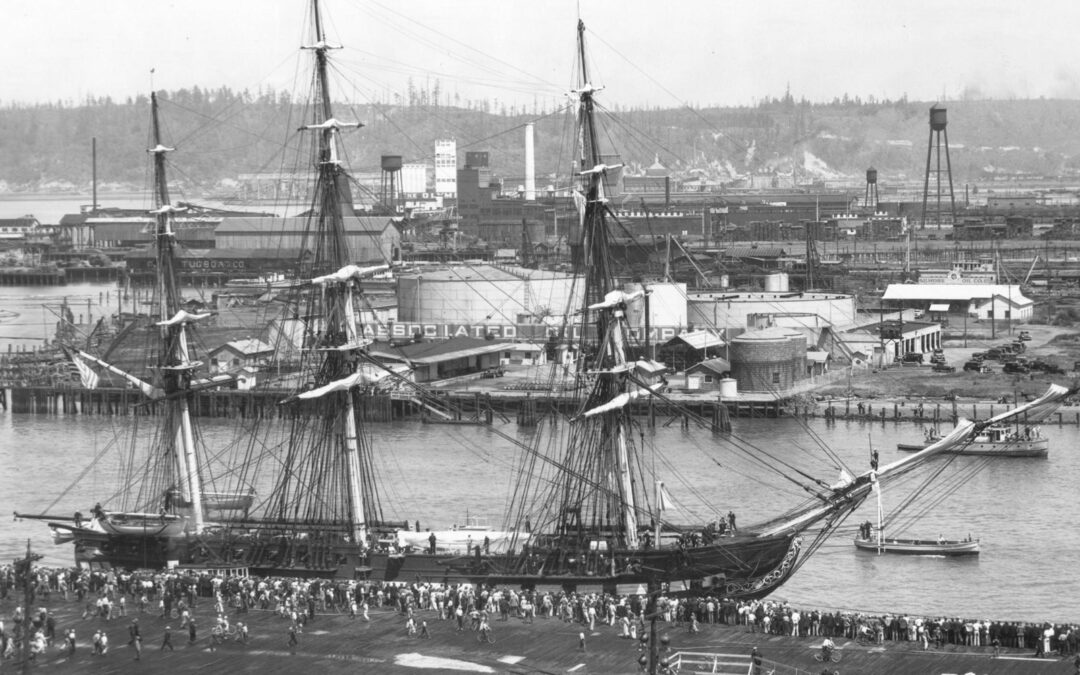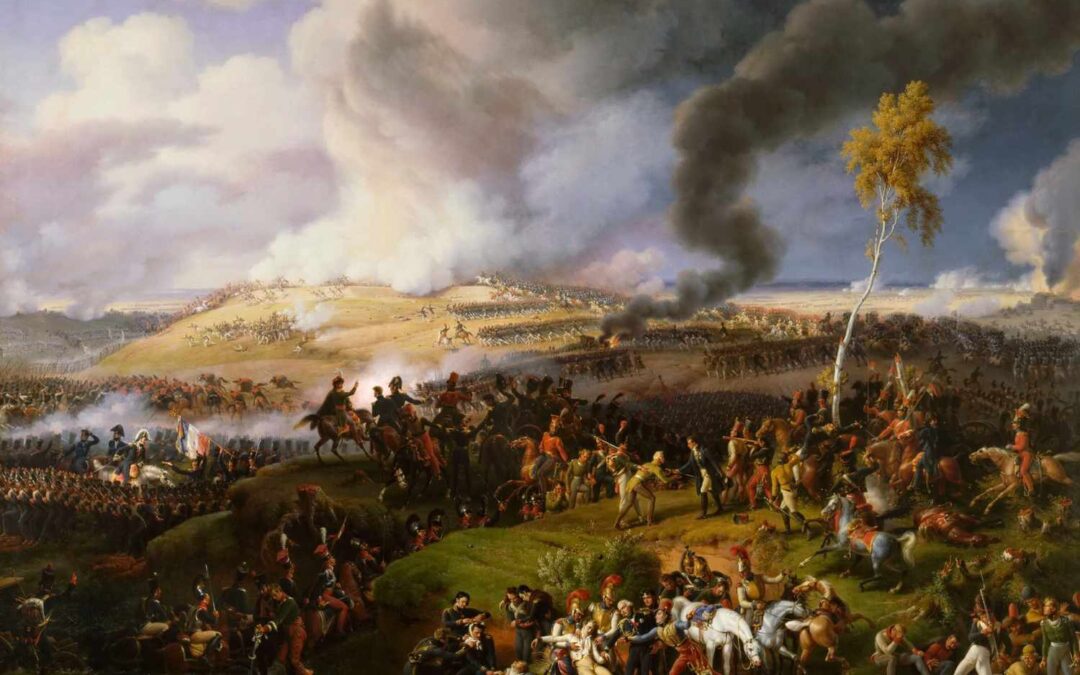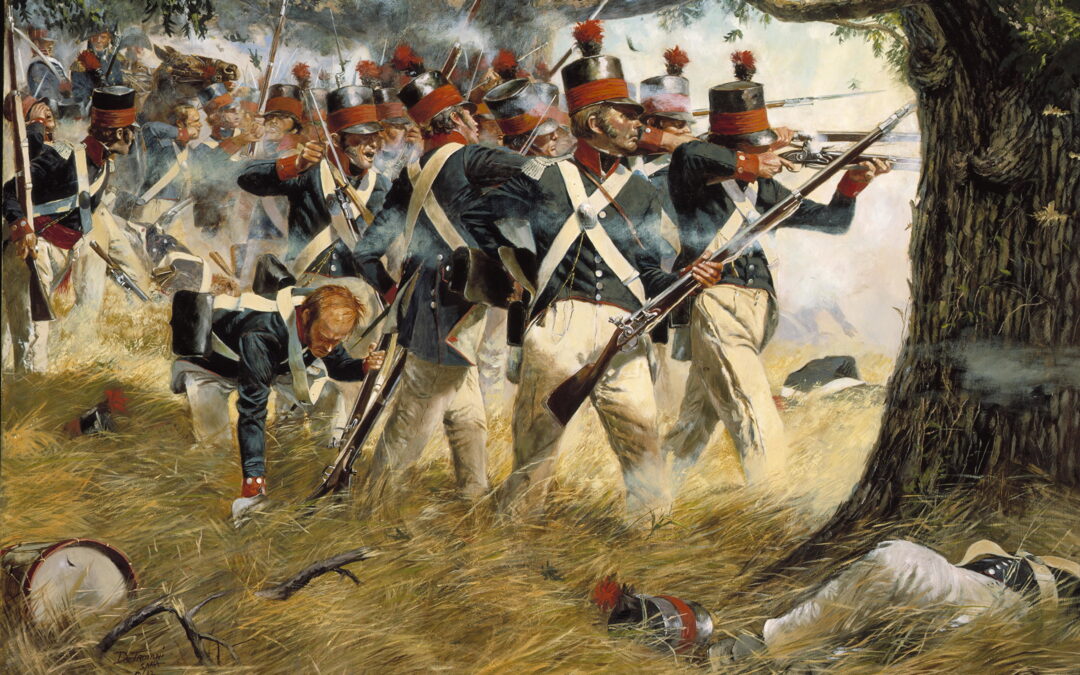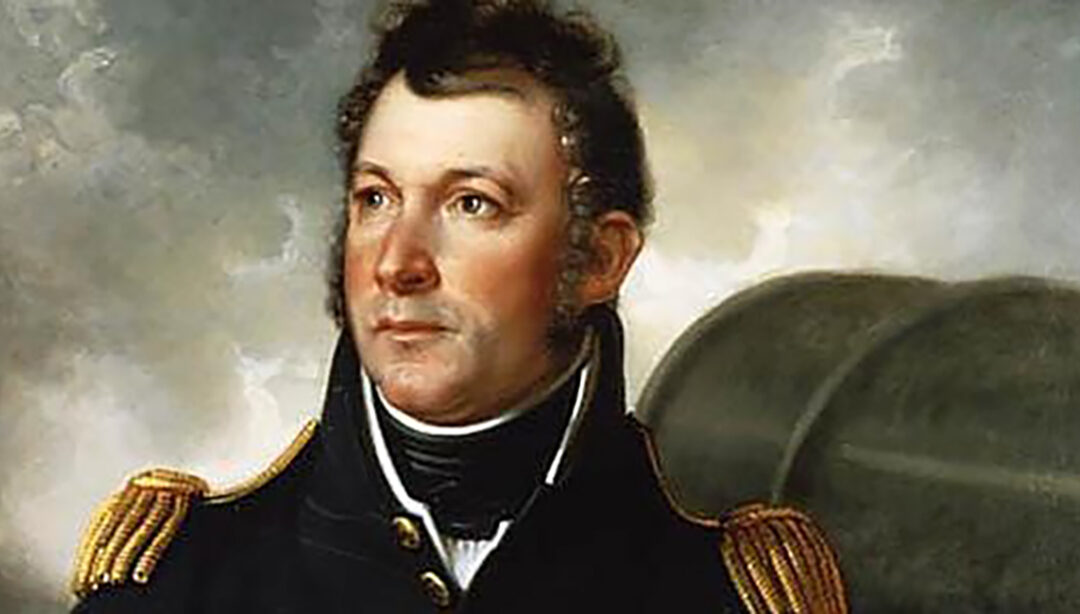The Barbary Pirates were corsairs from the North African states of Morocco, Tunis, Algiers, and Tripoli who raided European commerce unchecked for nearly three centuries. Not only did they capture ships, cargo, and weapons from their victims, but they also enslaved their Christian captives. Despite all the naval might projected by Europe's powerful military elite, it was the fledgling United States that ultimately dealt with the pirates. The Barbary Wars became America's first overseas war and its first overseas military victory. The First U.S. Overseas Conflict Began Over Pirate Tribute Although nominally under the rule of the Ottoman Empire (except for independent Morocco), the Barbary States largely acted independently of their Sultan in Constantinople. Europe, for all its naval might, decided it was far easier and cheaper to buy off the pirates with an annual tribute than it was actually to fight a war over such a vast coastline. When the United States declared its...





